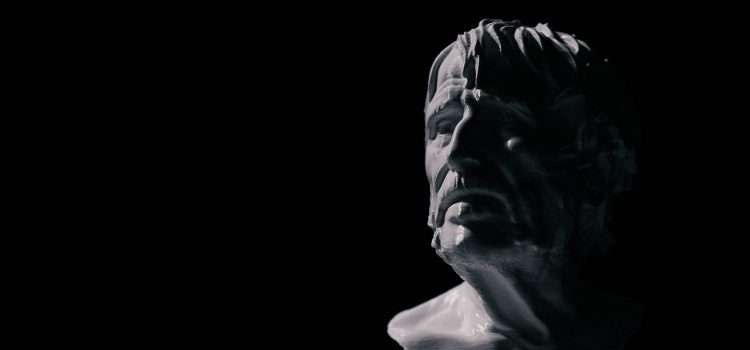What does it mean to truly live by your principles? How can someone maintain their moral convictions while living in a world of excess and luxury? In Letters From a Stoic, Seneca explores these challenging questions through vivid metaphors and practical wisdom. His writing demonstrates how to align our actions with our beliefs, even when faced with life’s temptations and contradictions. Keep reading to discover how Seneca’s writing offers timeless guidance for living an authentic and principled life, regardless of your circumstances.
Seneca’s Writing Style and Methods (Letters From a Stoic)










